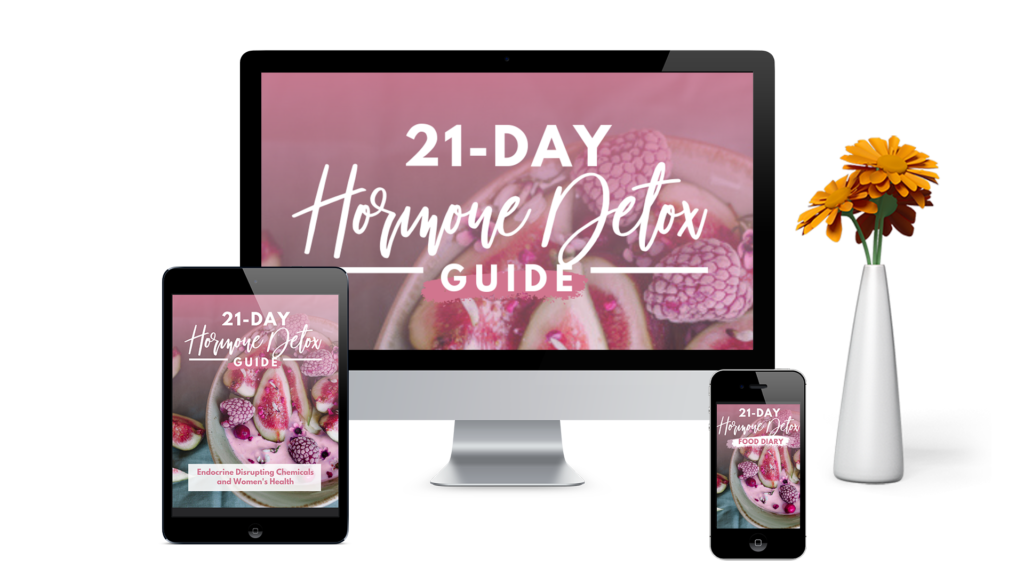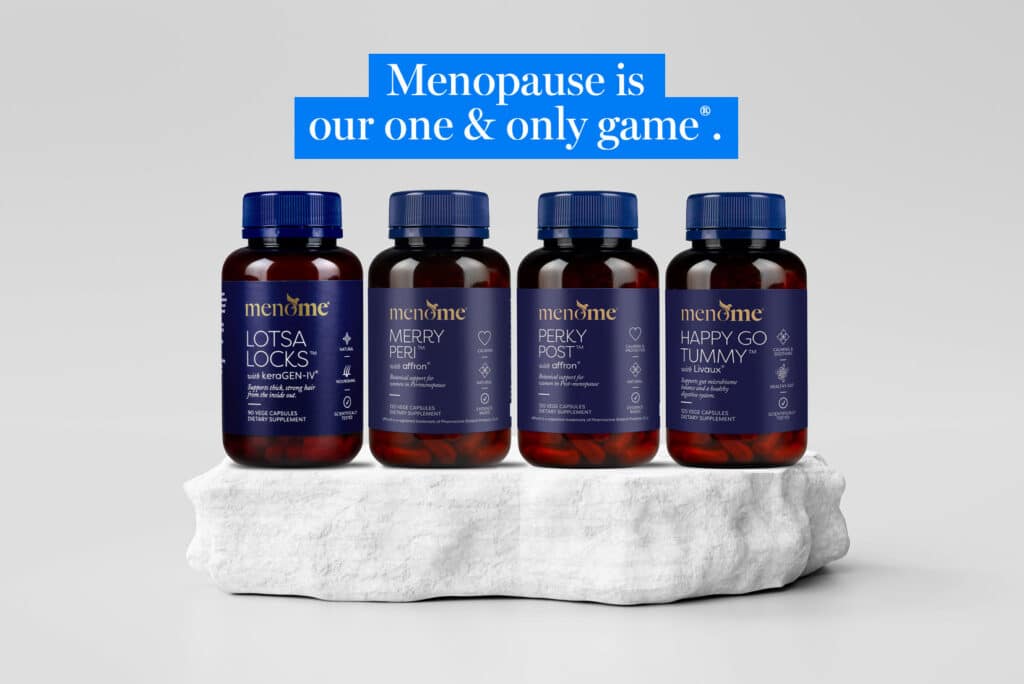Get Your Mojo Back, Lose Weight and Belly Fat With The 21-Day Hormone Detox

If you’ve landed here I’m guessing you might be aware of weight gain and mood swings. And other common ways a woman’s body begins to change around the age of 40.
Or, from about our late 30s.
Perimenopause / menopause can creep up
Unquestionably, the first signs of perimenopause creep up for too many women. Though we might feel a little different we don’t realise ‘the change’ may be beginning. Moreover, as things continue to shift over the next couple of years the penny still doesn’t drop. As a result, we might experience mood swings, hot flushes, weight gain, low libido and rage we don’t know how to handle.
Unfortunately, most GPs get very little training on this subject. So, more often than not, they don’t quite know what to do. Oftentimes, they’ll advise us to ride it out, prescribe HRT (if it’s not contraindicated) or antidepressants. However, perimenopause / menopause isn’t a medical condition it’s a natural life transition.
You can help your symptoms & your weight
The good news is there’s a lot you can do naturally and safely by working with Mother Nature. But you do need to understand what you’re dealing with first. And that’s where we come in. We’re dedicated to providing you with tools and aids to help you through.
Only 20% of women experience few menopause signs
If you’re having a tough time with perimenopause / menopause you’re not alone. While some of your friends might not have a clue what you’re on about you should know:
- 20 percent of women sail through the menopausal transition
- 20 percent are highly symptomatic
- Approximately 60 percent experience moderate symptoms
(The above stats are averages.)
This journey hasn’t been and isn’t a walk in the park for me either. That’s why I’m part of Team MenoMe®. Indeed, we’re in the business of helping to minimise the signs safely and naturally. In addition, we want to educate as many women as possible about pre-, peri- and post-menopause. As well as that, I’d love to help you avoid making the same mistakes I did by stumbling into it.
Researching perimenopause / menopause
As a former magazine health and beauty editor, a science nerd and a researcher, I began to dive deep into this menopausal transition all women go through. Because the reality is that even if we try and resist or deny it Mother Nature will win. And arming ourselves with knowledge is our best tool for getting back on an even keel.
Menopausal hormones are a complicated soup
The main sex hormones involved in the menopause transition are estrogen, progesterone and testosterone. However, insulin, cortisol and thyroid hormones have a huge role to play as do androgens. They all affect each other so it’s important to understand it’s not just about one hormone. In fact, it’s a complicated soup.
Around the age of 35 our progesterone drops by about 75%. Estrogen levels in the ovaries begin to decline a little later and they fluctuate. A lot. Testosterone also decreases. And it’s during this dance that we can sometimes become estrogen dominant. All in all, it can be a bit of a rollercoaster ride!
Some of the signs of perimenopuase may include:
Tip: they usually start slowly at first.
- Your period may become less regular, shorter, longer or heavier
- Waistbands don’t seem to fit as well as your waistline thickens
- You’ve gained weight that won’t shift – even your tried and true methods no longer work
- You can’t handle caffeine, sugar, refined carbohydrates or alcohol like you used to
- Cravings for refined carbohydrates and added sugars might rear their head
- It’s difficult getting to sleep or staying asleep.
- Mood swings become commonplace.
- Hormonal headaches aren’t uncommon.
- Aches and pains become the norm.
- Your libido leaves the building.
A personal story
I didn’t realise any of this was happening to me and it’s not easy to share my story. And I don’t tell it to you because it’s ‘my story’. Rather, I share it because it seems to be some of your stories too. And I firmly believe nobody can understand an experience if they haven’t walked in your shoes. We’re all unique individuals however some of you may relate to some of these:
- I left my relationship
- I cried. All the time
- I was too tired to do my daily run
- I was having dizzy spells
- I couldn’t handle being in crowds of people (a huge part of my job!)
- I didn’t want to see anyone
- I began to experience chronic pain
- I had panic attacks and anxiety
My life as I knew it stopped. I spent two years in and out of hospital undergoing CT scans, procedures and seeing specialists. But there were few answers. This was in the beginning of a very loooong journey and I still get fluctuations at times. That’s normal ladies, but we created a menopause toolkit of evidence-based botanicals to help support you.
Hitting the science books
The upshot of all this was I began to study the why’s. I studied nutrition and the power of food, looked at several different modalities such as Ayurveda, and Traditional Chinese Medicine. Then I looked into the raw food movement, veganism, mindfulness, meditation and functional medicine.
After that, I dove deeper into the endocrine system and sex hormones and specifically what happens during perimenopause / menopause. For me, it was important to understand what was happening to other women as well as myself. So I could perhaps make a difference.
I’m still going with my learning – I’m not sure when I’ll stop but it’s something you can benefit from. Not many people want to talk about menopause.
(Menopausal) knowledge is power
We talk about menopause all the time here at MenoMe® of course! And we’ll continue to do so because we believe women need to be heard. They also need to be empowered and have a safe place to get advice.
The synopsis of this story is that you can take control.
You will need to be committed. And you will need to make some life changes but hey, you’ve done it before. Therefore, you can absolutely do it again.
Nothing changes if nothing changes.
Take control with Mother Nature
1. Our first recommendation is to look at our toolkit. We’re for women by women and we formulated them to help with the main symptoms of perimenopause / menopause.
2. Next, try a detox or reset.
Modern life can mean our systems don’t function as well as they could. For example, a healthy liver is key for processing excess estrogen and removing it from the body – it’s our body’s wastemaster. If the liver isn’t healthy this won’t happen as it’s designed to. As a result, estrogen may be reabsorbed and exacerbate symptoms. And by the way, the liver actually shrinks by about 40% as we grow older so it needs lots of TLC.
Another occurrence can be that the decline of ovarian estrogen sees the brain working to try raise the levels again. In so doing, it increases your estrogen stores – one reason you might get an increase in belly fat because estrogen loves fat tissue. And speaking of your beautiful liver again, it accumulates fat and if it can’t do its job it will also store fat around the tummy.
There’s a lot of other stuff going on but this is a simplistic look at a couple of pointers.
Homeostasis
Our aim is to support your hormones and your body. In technical terms, this is known as homeostasis. One way we do this is with our toolkit. Another way is to offer you pearls of nutrition and lifestyle wisdom.
Happy hormones = Happy weight
Why not try the 21-Day Hormone Detox for Happy Hormones, Happy Weight & A Happy Life?
This is a programme I’ve developed in conjunction with some other specialists and a chef. It came about after my own perimenopause experiences and my years studying the science of changing hormones. It’s not a diet. They don’t work at this time of life. It’s a lifestyle change. A good one. You can check it out here.








